M-Files QMS – ISO 9001 Uyumlu Kalite Yönetim Sistemi
![]()
Neden QMS?
Kalite Yönetim Sistemi (QMS), kurumların kalite standartlarına uyumunu sağlamakla kalmaz; süreçlerin tutarlı, izlenebilir ve sürdürülebilir şekilde yönetilmesini mümkün kılar.
M-Files QMS, ISO 9001 başta olmak üzere kalite yönetim standartlarına uyum sağlamak isteyen kurumlar için doküman yönetimi, süreçler, CAPA ve denetim kanıtlarını tek platformda birleştirir.
M-Files Quality Management System (QMS)
Birçok organizasyonda kalite yönetimi hâlâ Excel dosyaları, paylaşılan klasörler ve manuel takiplerle yürütülmektedir. Bu yaklaşım, güncel olmayan dokümanlar, onay gecikmeleri ve denetimlerde zaman kaybı yaratır.
M-Files QMS, kalite yönetimini bağımsız bir yapı olmaktan çıkarır ve kurumun tüm iş süreçleriyle entegre hale getirir. Böylece kalite, sadece denetim dönemlerinde değil, günlük operasyonların doğal bir parçası olur.
Don't Leave Quality to Chance, Strengthen Your Processes!

MFILES
Kaliteyi Dijitalleştirin, Süreçleri Hızlandırın!
QMS e-book
Kalite Yönetimi ile Operasyonel Performansı Artırın
Başarılı olmak isteyen kuruluşların, çalışan verimliliğini artıran, bilgiye erişimi hızlandıran ve iş akışlarını kurumsal standartlarla uyumlu hale getiren bir kalite yönetimi stratejisine ihtiyacı vardır. Broşürü indirerek operasyonel verimliliği nasıl artırabileceğinizi keşfedin.
E-KİTABI ŞİMDİ İNDİR
.png)
Centralized Document Management
Store all your documents securely in one place and access them easily.
QMS Onay ve Gözden Geçirme İş Akışları
Automate approval and review processes to save time.
Erişim ve Güvenlik Kontrolleri (ISO 9001 Uyumlu)
Ensure only authorized personnel can access your sensitive documents.
ISO 9001 Standartlarına Uyumlu QMS Yaklaşımı
Manage your compliance with quality standards on a single platform.
CAPA Yönetimi ve Sürekli İyileştirme
Analyze the root causes of errors and prevent their recurrence.
Auditing and Reporting
Analyze quality data to drive continuous improvement.
MFILES
QMS için Merkezi Doküman ve Prosedür Yönetimi
Kalite dokümanları, prosedürler ve politikalar tek bir merkezde güvenle saklanır.
Versiyon kontrolü sayesinde çalışanlar her zaman en güncel içeriğe erişir ve eski doküman kullanımından kaynaklanan riskler ortadan kalkar.
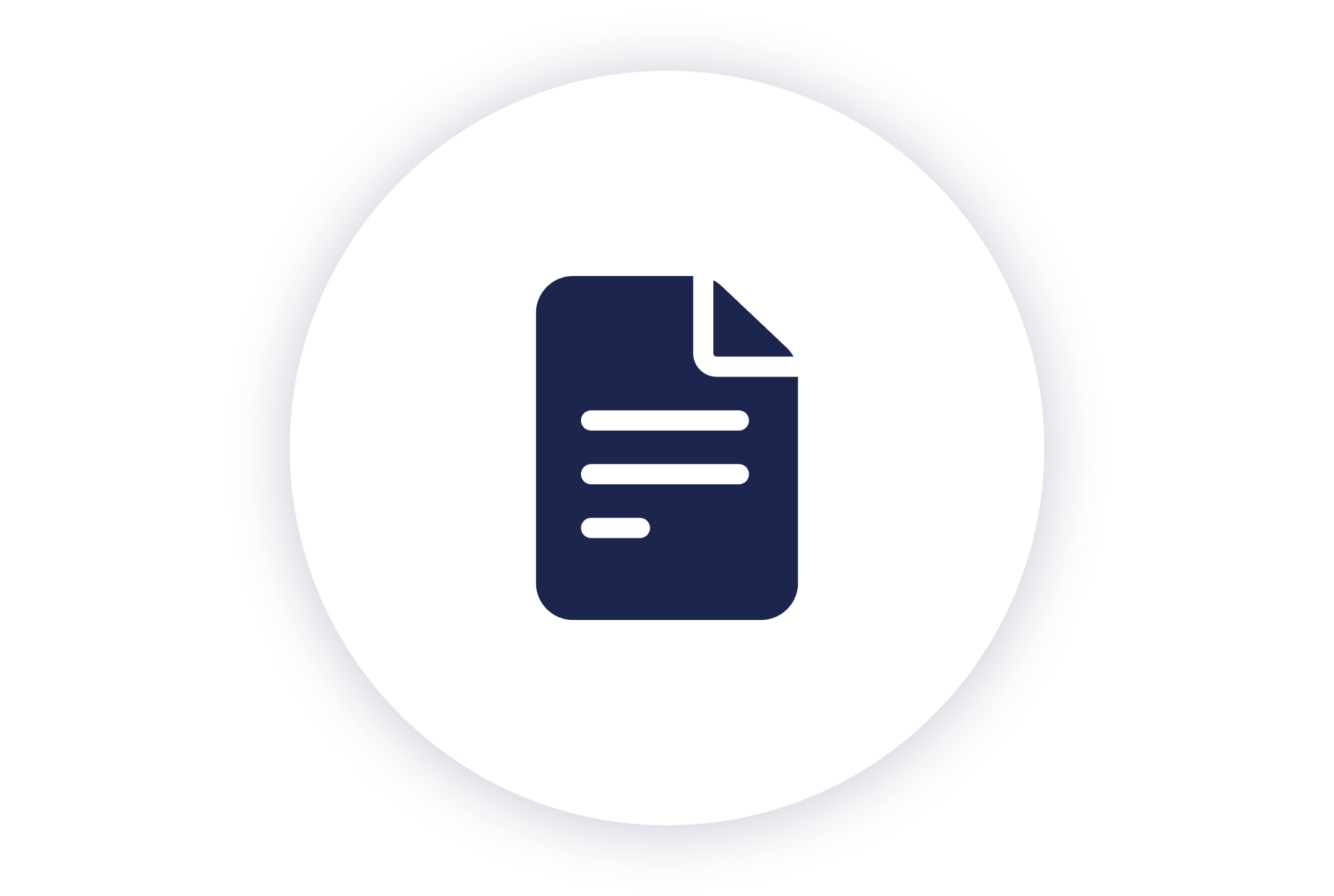
mFıles
QMS Onay ve Gözden Geçirme İş Akışları
The M-Files quality management system accelerates approval processes and automates tasks such as document review and approval, reducing manual errors. As a result, quality processes become faster and more organized.
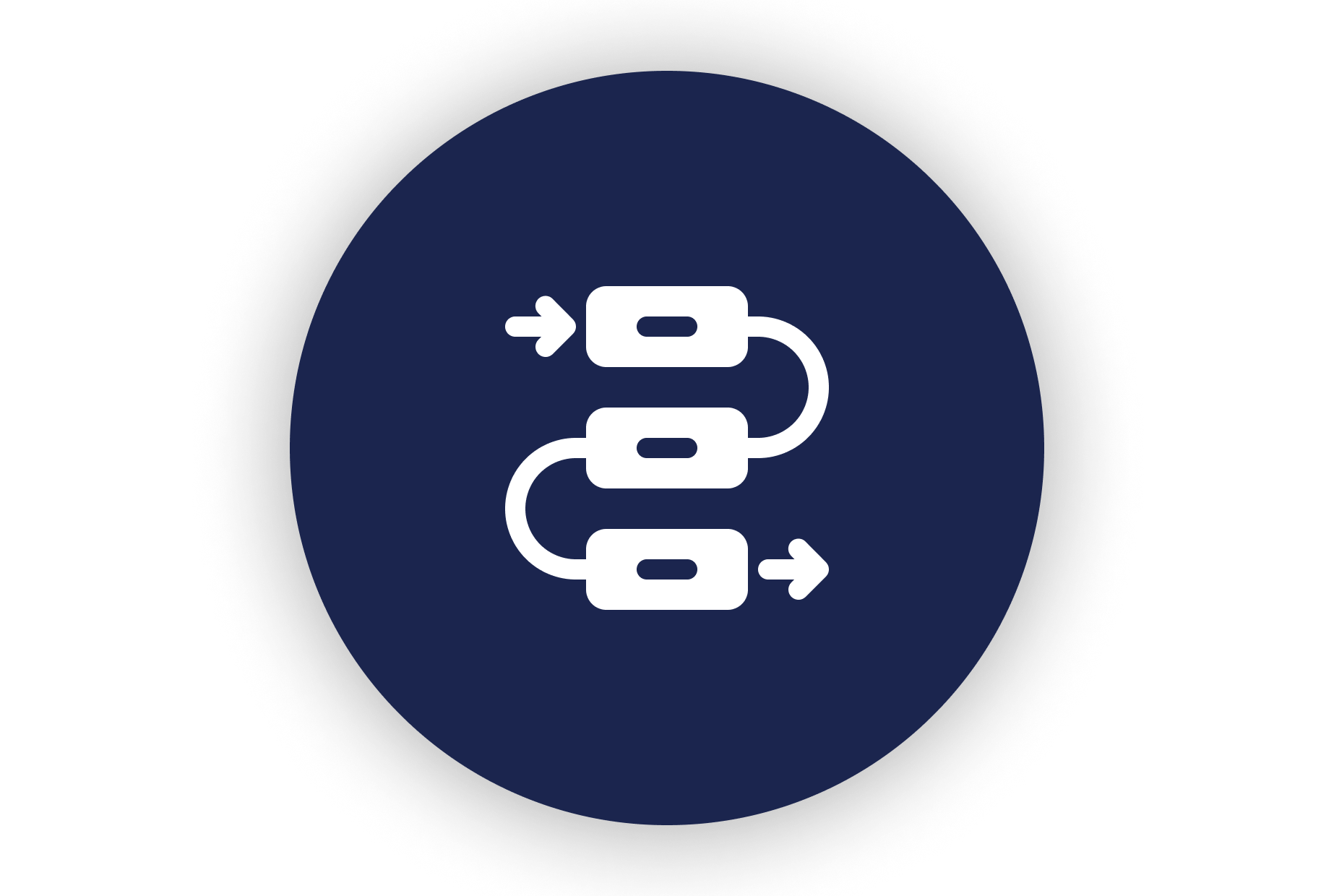
mfıles
Compliance Management
ISO 9001, dokümanların varlığından çok; süreçlerin tanımlı, izlenebilir ve sürekli iyileştirilebilir olmasını bekler.
M-Files QMS, ISO 9001 gereksinimlerini destekleyen bir yapı sunar:
-
Güncel prosedür ve talimatların merkezi yönetimi
-
Onay, gözden geçirme ve revizyon süreçlerinin izlenebilirliği
-
Denetimlerde gerekli kanıtların hızlı erişilebilir olması
Bu sayede denetimler bir stres kaynağı olmaktan çıkar ve kontrol altına alınır.
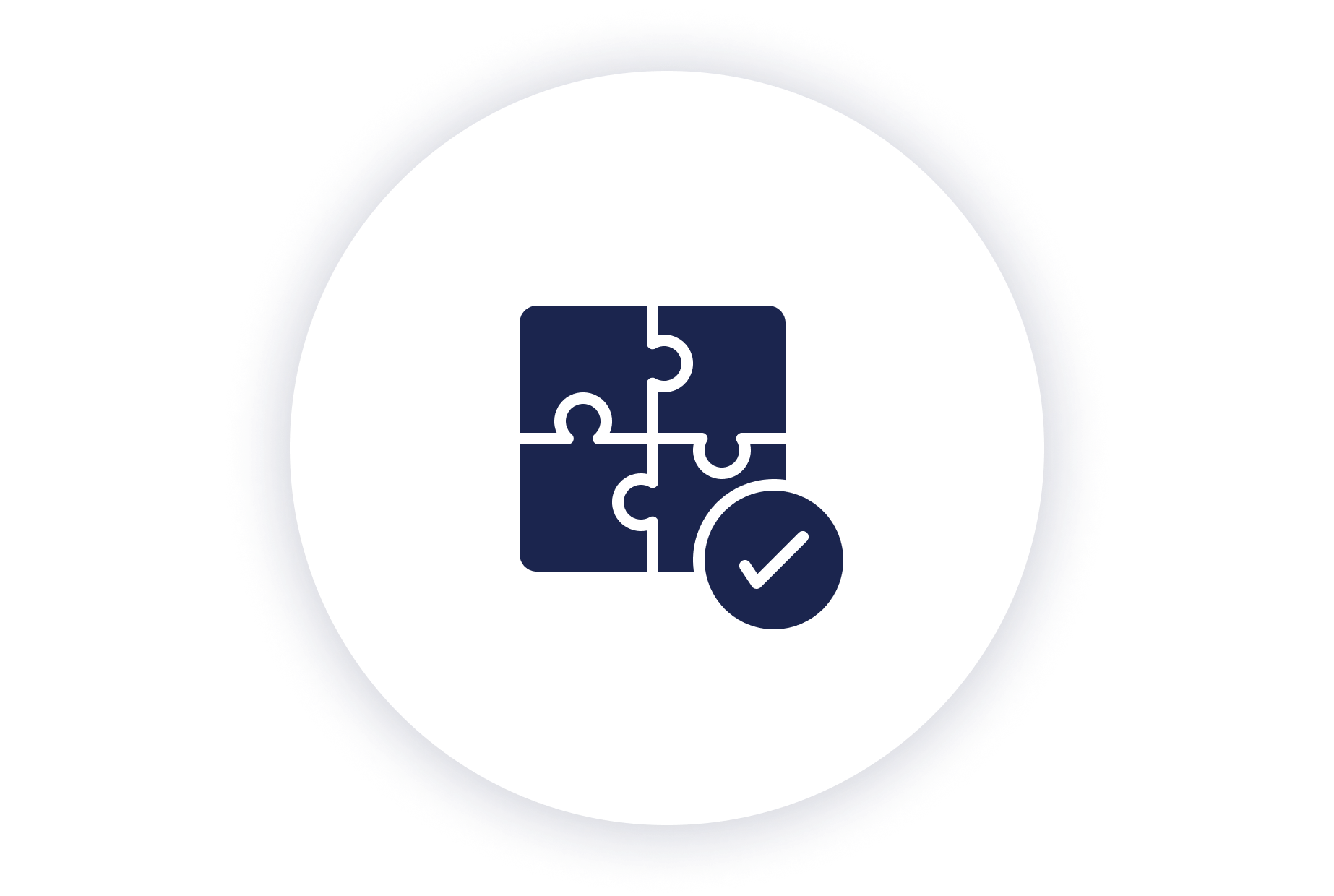
mfıles
CAPA Yönetimi ve Sürekli İyileştirme
Düzeltici ve Önleyici Faaliyetler (CAPA), kalite yönetiminin temel bileşenlerinden biridir. M-Files QMS ile uygunsuzluklar kayıt altına alınır, kök neden analizleri yapılır ve alınan aksiyonlar izlenebilir şekilde yönetilir. Böylece aynı hataların tekrarlanması önlenir.
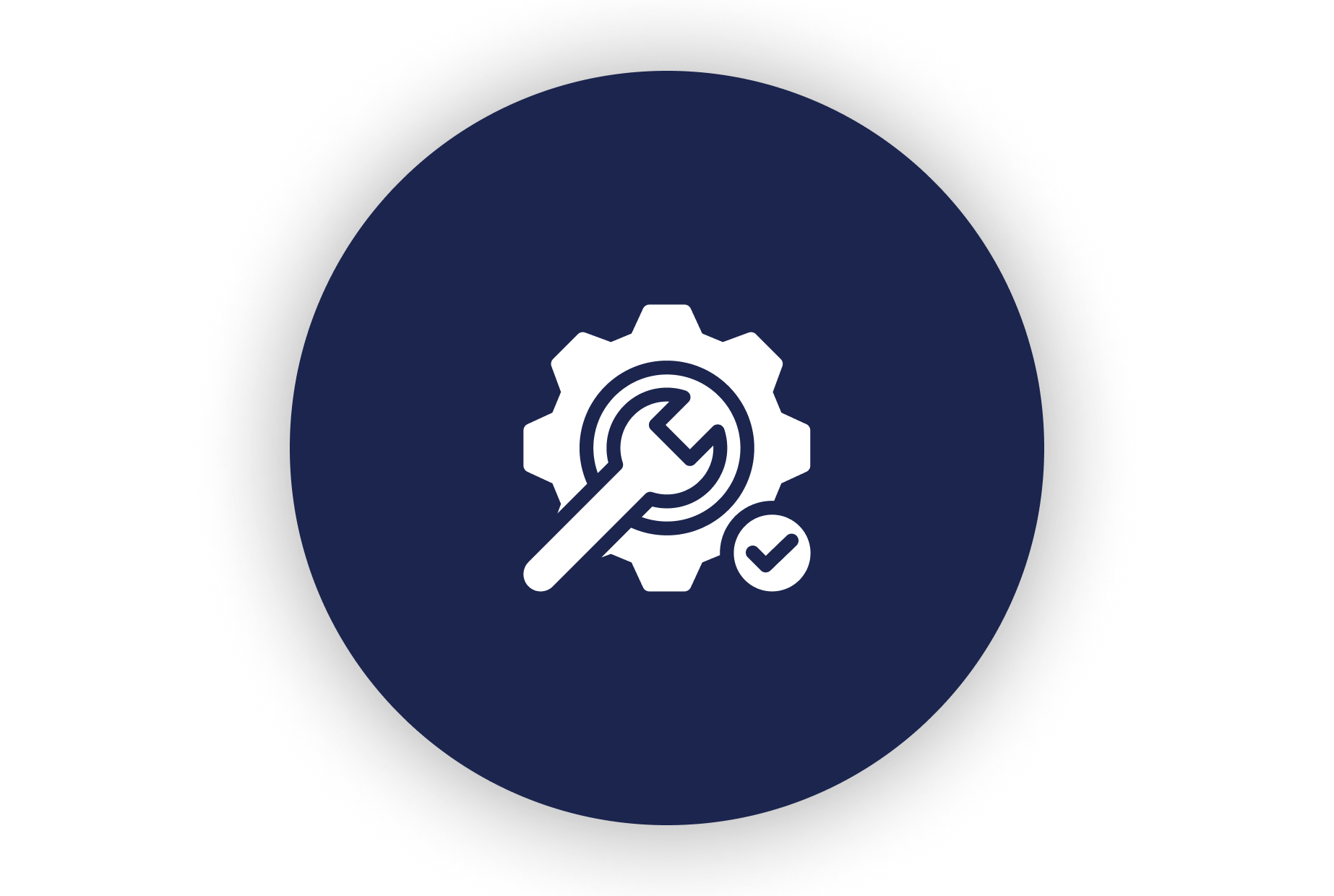
mfıles
Audit and Reporting
Kalite performansını ölçmek ve iyileştirmek için güvenilir veriye ihtiyaç vardır.
M-Files QMS, denetim kanıtlarını otomatik olarak ilişkilendirir ve raporlanabilir hale getirir. Bu sayede kalite verileri şeffaf bir şekilde analiz edilebilir.
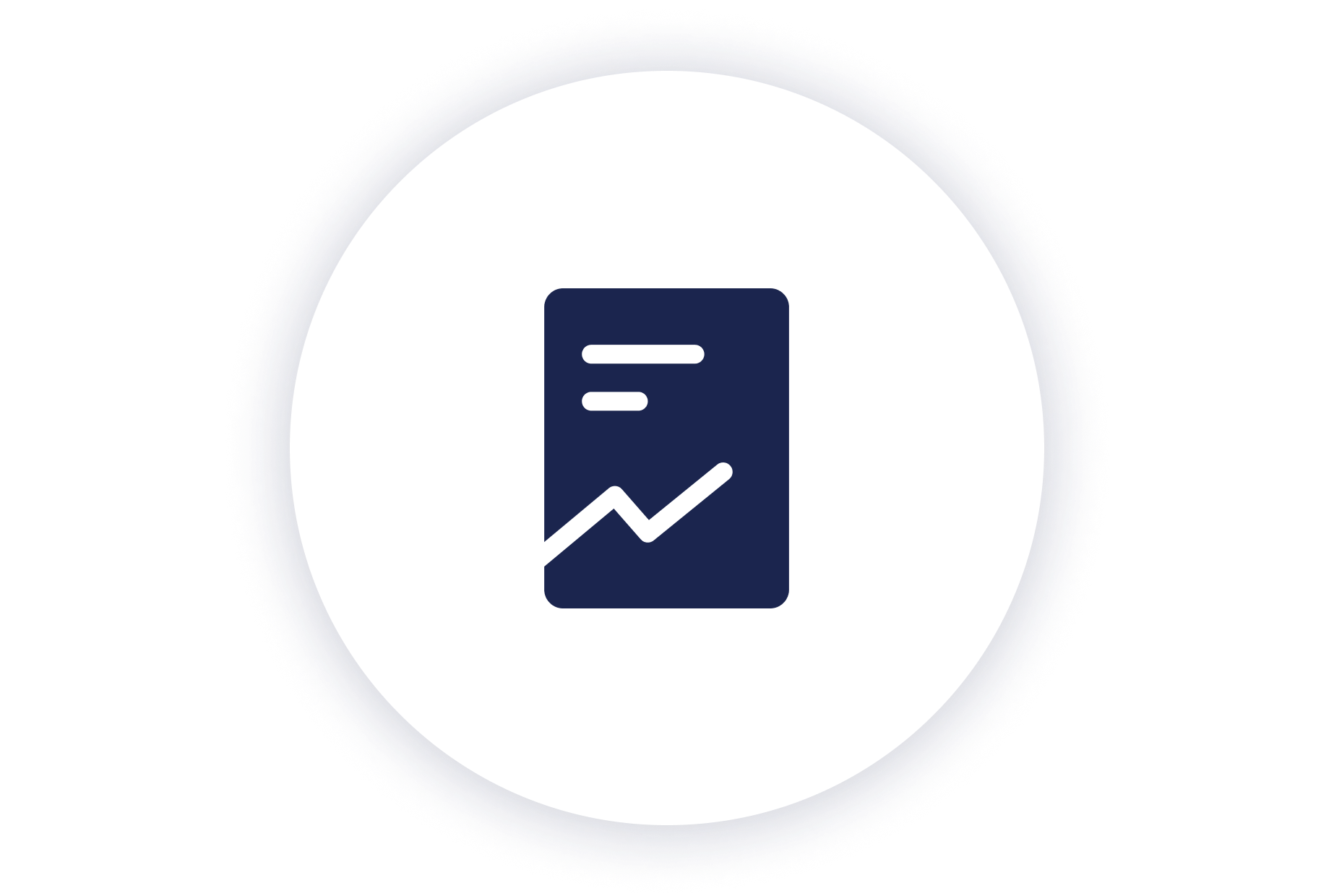
mfıles
Access and Security Controls
(ISO 9001 Uyumlu)
M-Files QMS, kalite dokümanlarına yalnızca yetkili kişilerin erişmesini sağlayarak bilgi güvenliğini ve denetim izlenebilirliğini güvence altına alır.
Rol ve kullanıcı bazlı erişim kontrolleri sayesinde, ISO 9001 kapsamında “kim, neye, ne zaman erişti” bilgisi net şekilde takip edilir. Böylece kalite dokümanları hem güvenli hem de denetime hazır tutulur.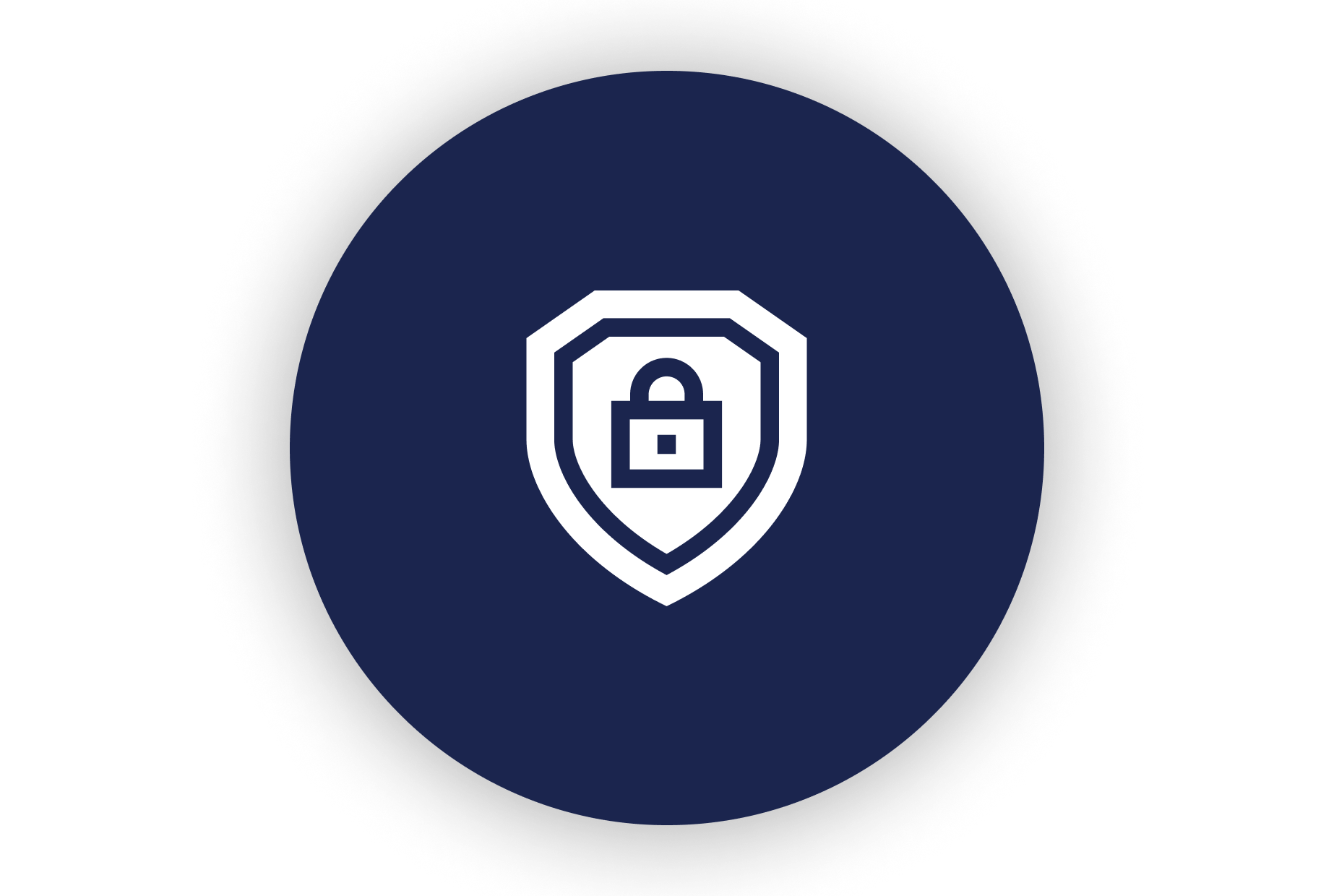
mfıles
Envanter ve Kalibrasyon Yönetimi
With the M-Files quality management system, you can integrate your inventory into your quality management system and easily automate your maintenance and calibration processes. You can store warranty documents and invoices for all your equipment in the system in a linked manner, allowing quick access when needed. When the maintenance date approaches, the system automatically sends reminders. Additionally, you can manage the processes in an organized way by manually tracking them through calendars and related views.
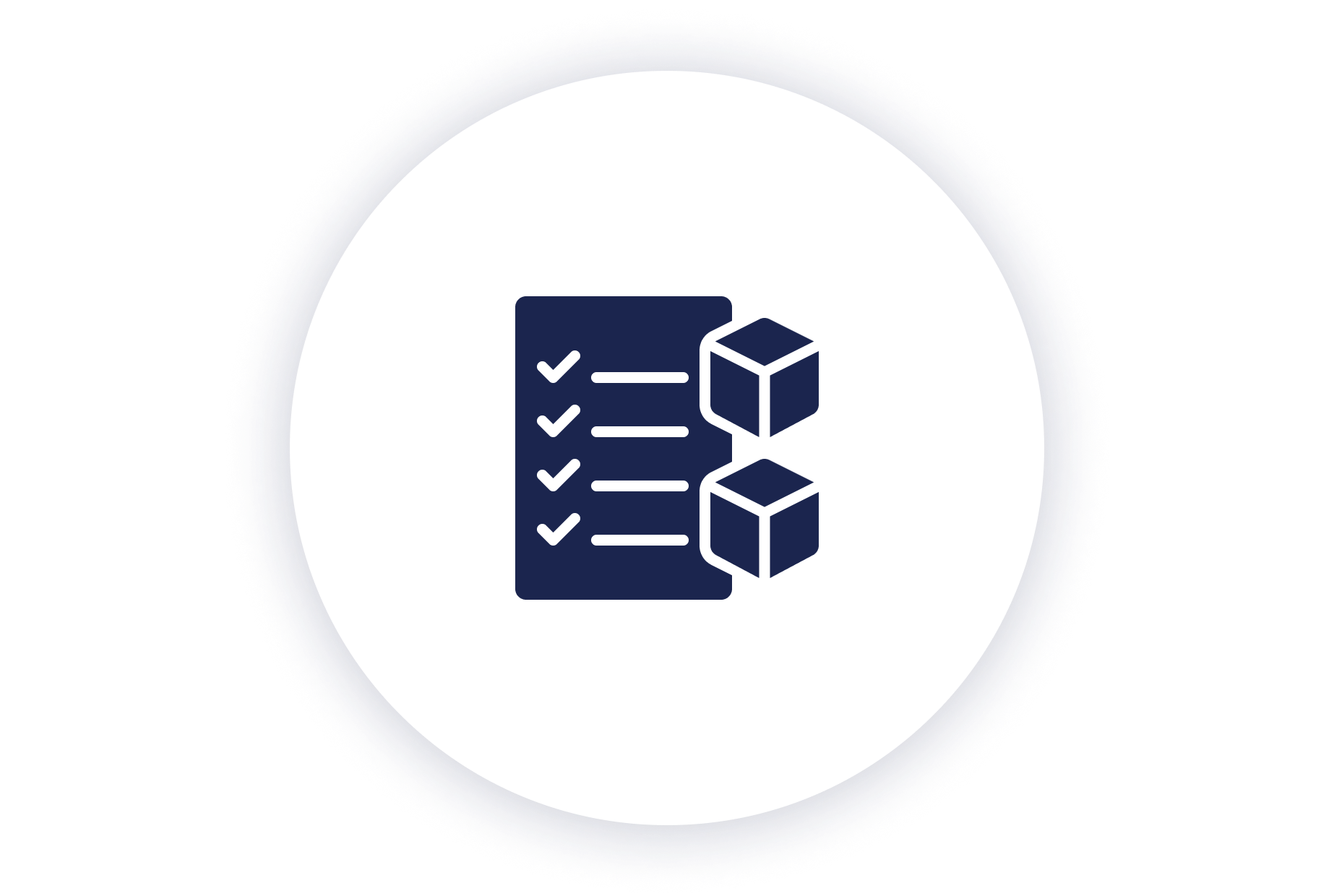
mfıles
Elektronik Kalite Yönetim Sistemi (eQMS) Yaklaşımı
Elektronik Kalite Yönetim Sistemi (eQMS), kalite süreçlerinin dijital ortamda izlenebilir ve otomatik şekilde yürütülmesini ifade eder.
M-Files QMS, eQMS yaklaşımını doğal olarak destekler; dokümanlar, süreçler ve denetim kayıtları tek bir dijital yapı içinde yönetilir.
Bu yaklaşım, manuel kalite yönetimine kıyasla daha hızlı, daha güvenli ve daha sürdürülebilir bir yapı sunar.
.png)
Neden M-Files QMS?
Birçok QMS çözümü yalnızca kalite departmanına odaklanır.
M-Files QMS ise kaliteyi kurum genelinde ele alır:
-
Kalite dokümanları diğer kurumsal dokümanlarla birlikte yönetilir
-
Süreçler, projeler ve denetimler tek platformda ilişkilendirilir
-
QMS ayrı bir yazılım değil, kurumsal bilgi yönetiminin parçası haline gelir
M-Files QMS Kimler İçin Uygun?
ISO 9001 ve benzeri kalite standartlarıyla çalışan kurumlar
Denetim süreçlerini hızlandırmak isteyen organizasyonlar
Manuel kalite yönetiminden dijital QMS’e geçmek isteyenler
Kaliteyi tüm iş süreçlerine entegre etmeyi hedefleyen şirketler
QMS ve QDMS Yaklaşımları Arasındaki Temel Farklar
.
Pazarda bazı çözümler QDMS (Quality Document Management System) yaklaşımıyla konumlanır. Entegre yönetim sistemi diye de bilinen bu sistemler ağırlıklı olarak kalite dokümanlarının yönetimine odaklanır. QMS (Kalite Yönetim Sistemi) ise yalnızca dokümanları değil; süreçleri, CAPA yönetimini, denetim kanıtlarını ve sürekli iyileştirmeyi kapsayan daha bütünsel bir yapıdır.
M-Files QMS, doküman yönetimini iş süreçleri ve kalite yönetimiyle entegre ederek kaliteyi operasyonun doğal bir parçası haline getirir.
Kalite Yönetim Sistemi (QMS) Kullanım Seçenekleri

On-Premise
If your company already has a server system in place, you can install M-Files on your own server without having to go outside the firewall.

Cloud
With a cloud-based system, you can take full advantage of M-Files' capabilities without making any hardware investment.

Hybrid
Thanks to the hybrid option, you can set up M-Files both on your own server and in the cloud environment.
Do You Need More Information?
Kalite Yönetim Sistemi (QMS) Nedir?
A Quality Management System (QMS) is a system used by an organization to ensure that its products and services consistently meet high standards. This system ensures that documents are stored in an organized and secure manner, allows employees to easily access up-to-date procedures, and enables quality-related processes to be tracked automatically. In addition, it automates traceability of issues, corrective and preventive actions (CAPA), and simplifies audits by collecting evidence through version control and audit trails.
Elektronik Kalite Yönetim Sistemi (eQMS) Nedir?
An Electronic Quality Management System (eQMS) is a system that enables the monitoring and management of quality processes in a digital environment. This system consolidates, organizes, and automates all quality-related activities, making it easier for businesses to comply with legal requirements and industry standards. Especially in the manufacturing sector, it enhances quality control by making it faster, more reliable, and more efficient.
How Does an Electronic Quality Management System (eQMS) Benefit an Organization?
An Electronic Quality Management System (eQMS) enables businesses to manage their quality processes more effectively. By offering real-time monitoring, it helps detect and resolve issues quickly. It supports data-driven decision-making and enhances collaboration across different departments. As a result, product and service quality improve while businesses operate more efficiently and reduce costs.
What Challenges Do Organizations Face with Manual Quality Management?
Manuel kalite yönetimi, çalışanların dikkatine bağlı olduğu için hata yapma riskini artırır. Yeni süreçlerin uygulanması ve kaliteyle ilgili düzeltici ve önleyici adımların (CAPA) takibi zorlaşır. Ayrıca, müşteri şikayetleri, denetimler veya süreç analizleri sırasında sorunları kayıt altına almak zaman alır ve bu da iyileştirme çalışmalarını geciktirir. Denetim süreçlerinde gereken belgeleri hazırlamak büyük bir iş yükü oluşturabilir.
ISO 9001 için QMS gerekli midir?
ISO 9001, tanımlı ve izlenebilir bir kalite yönetim sistemi gerektirir. QMS bu gereksinimi karşılamanın en etkili yoludur.
QMS (Kalite Yönetim Sistemi) ile QDMS (Doküman Yönetim Sistemi) arasındaki fark nedir?
QMS (Kalite Yönetim Sistemi), kalite süreçlerinin bütünsel olarak yönetilmesini kapsayan bir yaklaşımdır.
QDMS ise genellikle doküman ve denetim odaklı, sınırlı kalite modülleri sunan çözümleri ifade eder. M-Files QMS, yalnızca doküman yönetimi değil; süreçler, CAPA, denetim kanıtları ve bilgi yönetimini tek platformda birleştirerek uçtan uca kalite yönetimi sağlar.
Bir Kalite Yönetim Sürecinin Temel Bileşenleri Nelerdir?
Etkili bir kalite yönetim süreci, çalışanların her zaman güncel prosedürlere ulaşabilmesini sağlayan kontrollü doküman yönetimini ve eğitim süreçlerini içermelidir. Ayrıca, sorunların takibini kolaylaştıran izlenebilirlik sistemleri, düzeltici ve önleyici faaliyetler (CAPA) ile kalite süreçlerini düzenli hale getiren versiyon kontrolü ve denetim kayıtları gibi unsurlar da bulunmalıdır.
QMS yazılımı seçerken nelere dikkat edilmelidir?
Bir QMS yazılımı seçerken şu kriterler değerlendirilmelidir:
-
ISO 9001 ve ilgili standartlara uyum
-
Merkezi doküman yönetimi
-
Versiyon kontrolü ve denetim izi
-
CAPA ve süreç takibi
-
Güvenlik ve erişim yetkilendirme
M-Files QMS, bu kriterleri tek bir platformda sunarak uzun vadeli kalite yönetimi sağlar.
